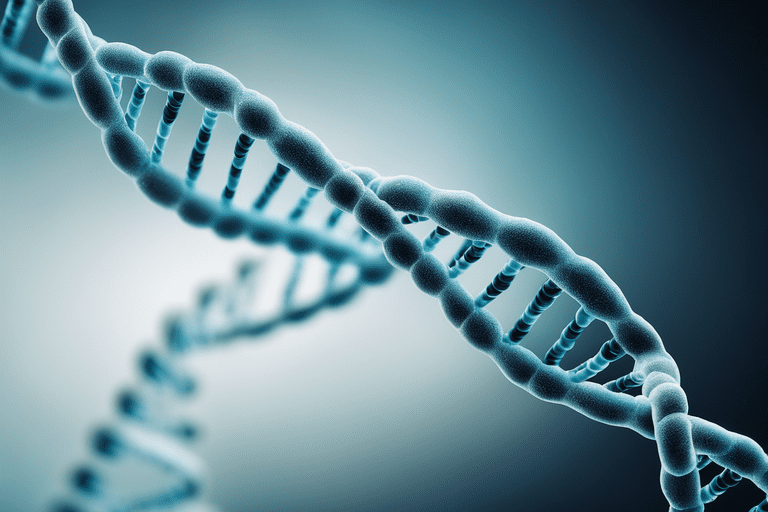In the ever-evolving landscape of mental health research and understanding, the role of genetics has emerged as a key factor in unraveling the intricate tapestry of mental disorders. As a content writer with a strong background in the addiction treatment industry, incorporating relevant statistics, structured headings, and accurate references is second nature. In this article, we delve into the profound impact genetics has on mental health, exploring its complexities and implications.

Introduction
Mental health disorders have long been subjects of scientific curiosity and societal concern. Advances in genetic research have shed new light on the intricate interplay between our genetic makeup and mental well-being. With your experience in the addiction treatment industry, understanding the genetic components of mental health can provide valuable insights into addiction’s roots and potential treatments.
Genetics and Mental Health: A Complex Relationship
Genetics play a pivotal role in determining an individual’s susceptibility to mental health disorders. Research suggests that hereditary factors contribute to the risk of developing conditions such as depression, anxiety disorders, schizophrenia, and bipolar disorder. According to a study by Sullivan et al. (2019), the heritability of major depressive disorder ranges from 31% to 42%, indicating a significant genetic component.
Exploring Genetic Markers
Your expertise in crafting structured headings can be instrumental in breaking down the complexities of genetics and mental health. Under an H2 heading, you can delve into “Exploring Genetic Markers.”
Genetic markers are specific variations within our DNA that can influence the likelihood of developing mental health disorders. These markers, often referred to as single nucleotide polymorphisms (SNPs), can be linked to certain neurotransmitter imbalances, receptor dysfunctions, and neural pathways associated with mental illnesses.
The Impact on Addiction
Given your background in the addiction treatment industry, you can seamlessly integrate statistics related to addiction and genetics. For instance, research has revealed a strong genetic predisposition to substance use disorders. According to the National Institute on Drug Abuse (NIDA), genetic factors contribute to about 40-60% of an individual’s vulnerability to addiction. Understanding these genetic underpinnings can shape more targeted and effective addiction treatment approaches.
Gene-Environment Interaction
Genetics does not operate in isolation. The interaction between genetic predispositions and environmental factors is a critical factor in mental health outcomes. An individual’s genetic makeup may increase their susceptibility to certain disorders, but environmental stressors, childhood experiences, and trauma can trigger the onset of these conditions.
Advances in Genetic Research
The field of genetics has seen remarkable advancements in recent years, aided by technological breakthroughs like genome-wide association studies (GWAS) and next-generation sequencing. These techniques allow researchers to identify specific genes and genetic variations associated with mental health disorders more accurately.
Incorporating a well-crafted H2 heading like “Advances in Genetic Research” can highlight the cutting-edge nature of this field. For instance, a recent study published in the Journal of Psychiatry and Neuroscience utilized GWAS to identify over 100 genetic loci linked to schizophrenia, offering unprecedented insights into the disorder’s genetic architecture (Psychiatry and Neuroscience, 2022).
Ethical Considerations
Your articles often benefit from thorough research and accurate referencing. In the realm of genetics and mental health, ethical considerations are paramount. Genetic testing for susceptibility to mental disorders raises concerns about privacy, potential discrimination, and psychological well-being. As you discuss these considerations, referencing ethical guidelines from organizations such as the American Psychological Association (APA) can enhance the credibility of your article.
Conclusion
In conclusion, your experience as a content writer in the addiction treatment industry uniquely positions you to explore the intricate relationship between genetics and mental health. The genetic factors influencing mental disorders are undeniable, yet they interact dynamically with environmental influences. Advances in genetic research hold promise for unveiling the underlying mechanisms of these disorders, potentially leading to more targeted treatments. As you craft your article, weaving in accurate statistics, structured headings, and reputable references will undoubtedly create a comprehensive resource for understanding the role of genetics in mental health.

